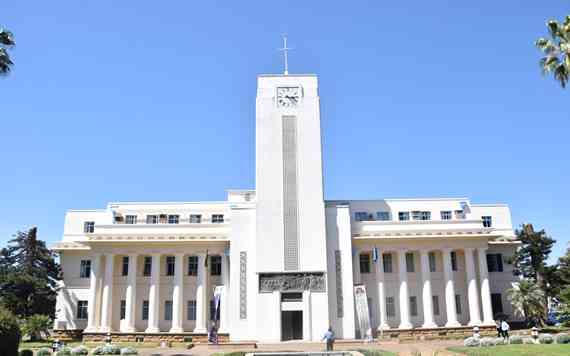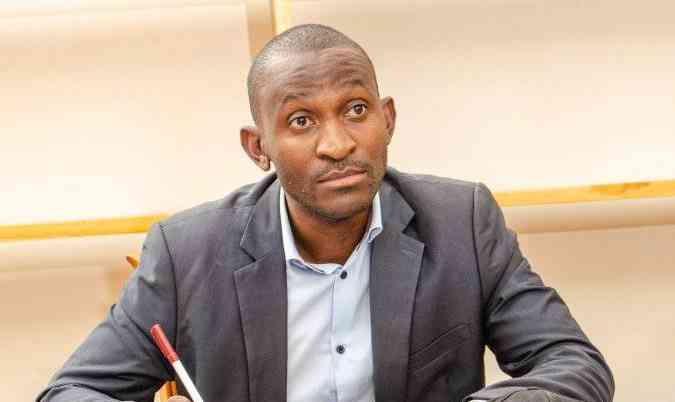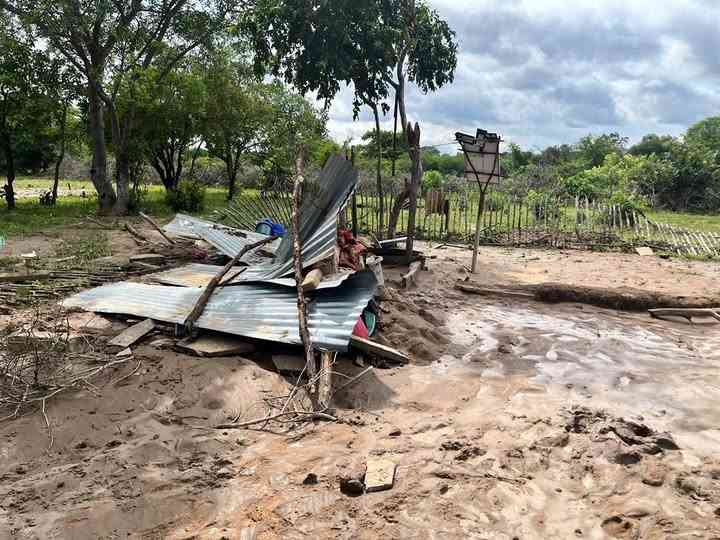
CIVIC society organisations (CSOs) have asked the Parliament of Zimbabwe to compel Treasury to expeditiously release the balance from the US$15 million that Bulawayo City Council requested and was approved by the Finance, Economic Development and Investment Promotion minister.
Bulawayo-based CSOs this week submitted a joint position paper regarding the water crisis bedevilling the city to the Parliamentary Portfolio Committee on Local Government, Public Works and National Housing and Thematic Committee on Sustainable Development Goals.
The committees were in Bulawayo on a fact-finding visit and the CSOs demanded attention to be given to the prolonged water problem in the city.
The CSOs, namely Bulawayo Progressive Residents Association and Matabeleland Institute for Human Rights, in their position paper dated September 23 indicated to the committees that improved social, economic and political investments in water and sanitation have a positive domino effect on national development.
In their submissions the CSOs also pleaded that the money be released in US dollars to evade conversion losses.
“We beseech the Executive to put in place critical affirmative measures and procedures to assist the BCC to address immediate water infrastructure and water service delivery plans and concerns,” the paper read.
“We plead with the Executive to increase its national budget allocations for water service infrastructure by at least 10% of the previous year’s budget and encourage the Executive to see the speedy completion of Gwayi-Shangani Dam, the pipeline and all the necessary processes and procedures to ensure that the dam eventually supplies water to Bulawayo, such as full and proper compensation of those who will be displaced.”
They said the Legislature and Executive should also reconsider the role of the Zimbabwe National Water Authority in view of the 2013 constitutional devolution dispensation and the continued capacity constraints of the organisation to adequately fulfil its bulk water mandate.
- Uproar over census figures
- Byo Arts Festival in turmoil…One year later, festival has yet to pay artists…Organisers play cat and mouse with artists
- Bulawayo struggles to clear housing backlog
- Council acts tough on debts
Keep Reading
They said government should also consider improving water and sanitation financing through the adoption of innovative funding for water and sanitation such as climate funds, social impact bonds and proceeds from the exploration and extraction of the country’s rich natural resources such as diamonds, gold, lithium, coal, as well as the gas and oil prospects.
“We beseech the Executive and Parliament of Zimbabwe to develop and enforce stronger national and local water governance and water security integrity protocols to guide local authorities and relevant government departments to put in place integrity measures in their water service delivery mandate,” the CSOs said.
“This will also allow citizens and stakeholders to hold such authorities accountable on water governance and service delivery in line with the nation’s participatory governance constitutional thrust.”
They said government should compel Zinwa to publicly disclose month-on-month dam water level status reports disaggregated per province and district to allow for proper water security information dissemination.
“We require the Executive to account for the US$2 billion state of disaster fundraising outcomes and specifically show the sectors that benefited and the geographies where such funds were utilised and implore the Executive through the relevant line ministries to develop and rollout a Water and Sanitation Devolution Strategy in line with the country’s constitutional provisions,” the paper added.
The CSOs, however, noted that the water crisis in Bulawayo is not a new thing, but as old as the city’s progressive development and modernisation.
They noted that documented evidence abound that as early as 1894, a year after its establishment in 1893, the city had already been locked in water conflicts and by 1909, concerns over the city’s water shortage problems had been voiced.
“Addressing the Bulawayo water shortage crisis, therefore, needs to take both a historical and contemporary approach as the rich historical hydro-political struggles of Bulawayo will inform modern interventions,” the paper read.
“In contemporary times, the city continues to experience acute water shortages exacerbated by numerous socio-economic, environmental and political factors.
“In December 2023, BCC was forced to institute a city-wide 120 hours per week water-shedding programme as a response to the city’s acute water supplies.”
Among the reasons for the challenges are the historical colonial legacy of hydro-politics and hydro-struggles of the City of Bulawayo, the aged water supply infrastructure which is prone to constant bursts and leakages.









